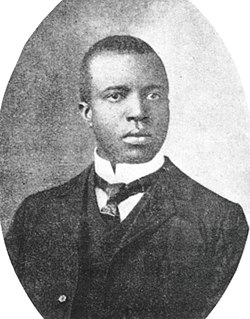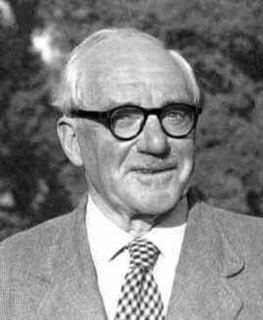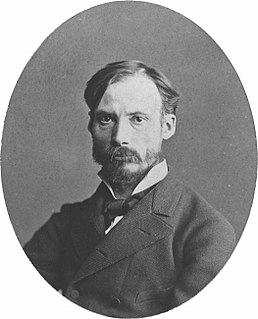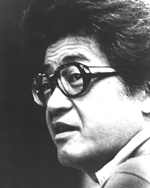A Quote by Scott Joplin
When I'm dead twenty-five years, people are going to begin to recognize me.
Related Quotes
This man, who for twenty-five years has been reading and writing about art, and in all that time has never understood anything about art, has for twenty-five years been hashing over other people's ideas about realism, naturalism and all that nonsense; for twenty-five years he has been reading and writing about what intelligent people already know and about what stupid people don't want to know--which means that for twenty-five years he's been taking nothing and making nothing out of it. And with it all, what conceit! What pretension!
People who read me seem to be divided into four groups: twenty-five percent like me for the right reasons; twenty-five percent like me for the wrong reasons; twenty-five percent hate me for the wrong reasons; twenty-five percent hate me for the right reasons. It's that last twenty-five percent that worries me.
The only chance for victory over the brainwash is the right of every man to have his ideas judged one at a time. You never get clarity as long as you have these packaged words, as long as a word is used by twenty-five people in twenty-five different ways. That seems to me to be the first fight, if there is going to be any intellect left.
Sitting for a picture is morbid business. A portrait doesn't begin to mean anything until the subject is dead. This is the whole point. We're doing this to create a kind of sentimental past for people in decades to come. It's their past, their history we're inventing here. And it's not how I look now that matters. It's how I'll look in twenty-five years as clothing and faces change, as photographs change. The deeper I pass into death, the more powerful my picture becomes. Isn't this why picture-taking is so ceremonial? It's like a wake. And I'm the actor made up for the laying-out.
My idea in Half the Kingdom was simply, or not so simply perhaps, that medical science has given us twenty extra years of life. Those twenty extra years - one is grateful for them, one is happy, but they also give you ten or twenty years more of losing your faculties. That is actually the origin of my notion. Once you live longer than you're supposed to live, things go dreadfully wrong. But nevertheless, you're not dead.




































